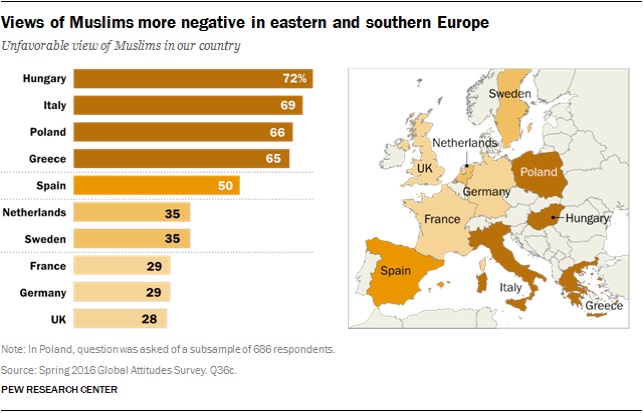Introduction to Tourism in France
October 10th, 2015
Contributors: Team 2 – Primary Writer – Blaine Yonemitsu
France has a long and varied history, making it one of the most popular tourist destinations in the world. Recent events, however, have taken a toll on the tourism industry in the country. Common risks to the industry generally stem from politics, economics, technology and social unrest.
The French political structure is generally stable; however, its ability to be flexible and responsive will be tested in the 2017 spring presidential elections. Current Socialist Party leader and President, François Hollande, is fighting an intense battle with not only the contenders of other parties but even contenders within his party. His low favourability ratings, which have only recently had moments of brightness following the terrorist attacks in Nice and Paris, have promoted other members of his party to try to usurp him as party nominee. The Republican party is currently a favourite to replace Hollande’s Socialist Party, but the Republicans have yet to nominate their leader. The Front National has also gain traction, led by Marine Le Pen, and is heavily focused on anti-immigration and anti-Islamic ideas. This divisive and unpredictable environment may prove to threaten the tourism industry.
Unlike neighbouring Germany, the French economy has been almost at a standstill since the Great Recession of 2008. France remains the world's sixth largest economy with a GDP/per capita of $36,248 USD —however, its growth in recent years has been limited by increasing government expenditures, its high unemployment rate (which stands at 10.2%), and ongoing labour disputes. Second quarter results from France have been released and show no growth in GDP between April and June 2016, indicating that stagnant growth is a persistent problem. Moreover, the pressure on France’s economic situation has increased in light of recent of terrorist attacks, newly legislated controversial labour laws, and the United Kingdom’s EU referendum (Brexit). Declining economic standards could lead to a potential loss in funding for the upkeep of national monuments and overall cleanliness of the country. This could be aggravated by the correlation between declining economies and lower tourism.
There has been notable social unrest surrounding the increasing tension between France and the Islamic State. Following the terrorist attacks in France this past year, social segregation has been at the forefront of international news. As 7.5% of French population is Muslim, a significant portion of the population has been the victim of stereotyping and Islamophobia. The tension between the French traditionalists and Muslim minority is fostering a culture of division and exclusion, which will make it more difficult to attract Muslim tourists specifically and tourists of other minority groups more generally.

Technological trends are changing how tourists travel. Airbnb has been particularly popular in France, as travellers to Paris using Airbnb have increased 20% in the last year. Although this Airbnb may make travel more affordable and potentially increase the number of tourists or increase the amount of money tourists can allocate to other sectors of the economy, the state suffers large tax losses as the tax on an Airbnb guests is roughly half of that from bookings at regular hotels.
The most prominent issue surrounding any tourist destination is safety. With over 16 individual terrorist attacks, safety is a critical problem. As France is a major historical site it becomes a prime target for significant aggression. The consistency of the attacks is another concern, making them relatively ubiquitous. This greatly hurts the tourist perception of France, however due the historical foundation, expect France to rebound quickly.







